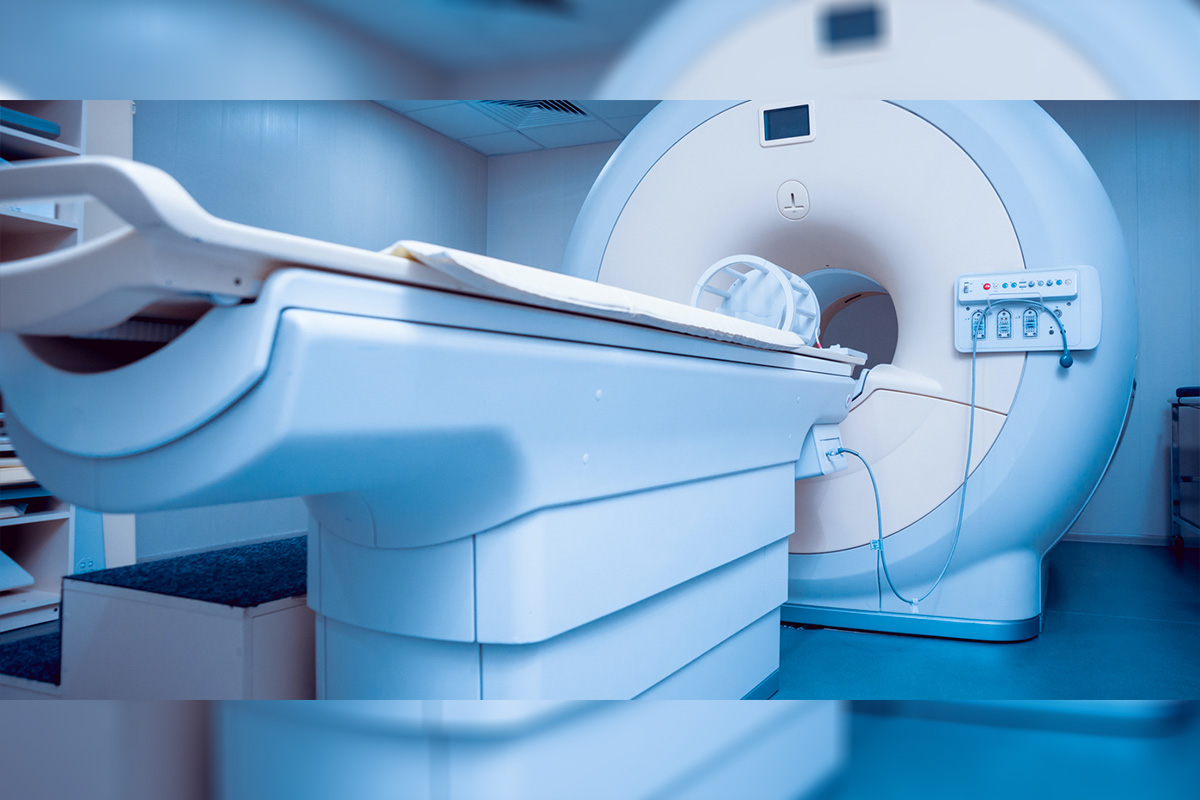The traditional magnetic resonance imaging (MRI) approach is being disrupted by portable MRI systems, open design MRI systems, advanced metamaterials, and integration of artificial intelligence (AI) and advanced software technologies. The rising demand for scans, combined with a shortage of radiologists, has compelled the development of novel MRI technologies that shorten scan times and aid radiologists’ decision-making. The increasing prevalence of cardiovascular diseases and cancer, combined with government initiatives to provide free or low-cost diagnostic facilities and infrastructure to citizens, is driving the overall growth of MRI technology.
For further information on this analysis, please click here.
“Innovations in MRI imaging device’s design, AI integration, and audiovisual systems have improved the image quality, patient experience, and reduced scan time,” said Ashish Kaul, Healthcare Industry Analyst at Frost & Sullivan. “Additionally, MRI innovation, such as material-based products to enhance image quality, coil design for portable systems, and AI for image analysis, will increase care delivery for patients and take center stage during the next 3 years.”
Kaul added: “Companies that offer portable imaging systems is addressing the market need for a de-centralized care delivery and is challenging the established market participants that offer stationary MRI systems and compelling them to rethink their competitive strategy. Further, new AI-based image analysis software that enhances magnetic resonance (MR) image quality and supports clinical decision-making is making the market even more competitive for technology developers.”
To reap the benefits of the expanding MRI technology innovation industry, market participants should:
- Explore materials that can enhance MR image quality, such as magnetic metamaterials, in multiple applications.
- Collaborate with local vendors to utilize cloud platforms for data storage and processing as it ensures that healthcare facilities comply with regional data regulations on patients’ health data.
- Either invest in research and development (R&D) activities internally or fund university-level research projects to explore the potential applications of portable MRI systems beyond neurology.
Magnetic Resonance Imaging (MRI): Technology Innovation and Growth Opportunities is the latest addition to Frost & Sullivan’s Healthcare research and analysis available through the Frost & Sullivan Leadership Council, which helps organizations identify a continuous flow of growth opportunities to succeed in an unpredictable future.



